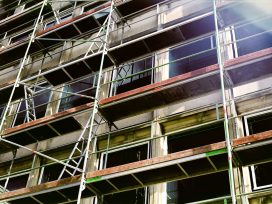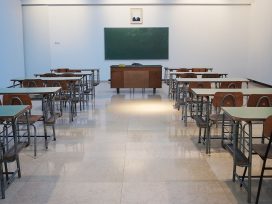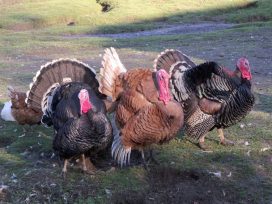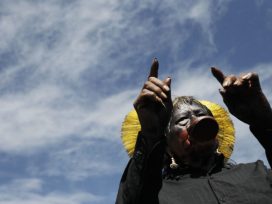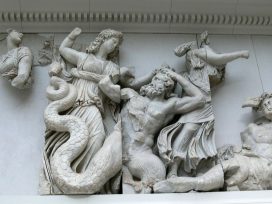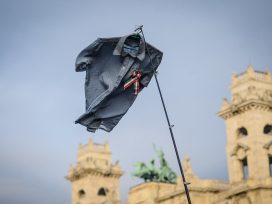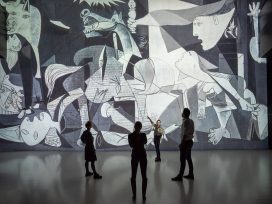Education under pressure
Since the COVID-19 pandemic hit, learning and teaching have come under additional strain both at school and in the home, exacerbating existing weaknesses in the system. How to move forward – to diminish rather than increase inequality, to question the labour market’s hold over education and to uphold academic freedom — is critical for students, parents, teachers and society as a whole.
‘When am I even going to need this?’ – the kids in my care have asked me this a thousand times since we started homeschooling from the first corona lockdown in early 2020. Once an aspiring pedagogue, I took offence the first few times and gave them the big lecture about the use of long division, syntax analysis, the periodic table and medieval art history, as well as the general rundown on the importance of learning for learning’s sake. ‘You’re going to use this knowledge every blessed day, my child, by not being desperately dumb’ was the usual epilogue to these litanies.
It took me a while to understand that their question, however ignorantly phrased, is about something completely different though: they are questioning whether their achievement is going to be worth as much as the value I think it has.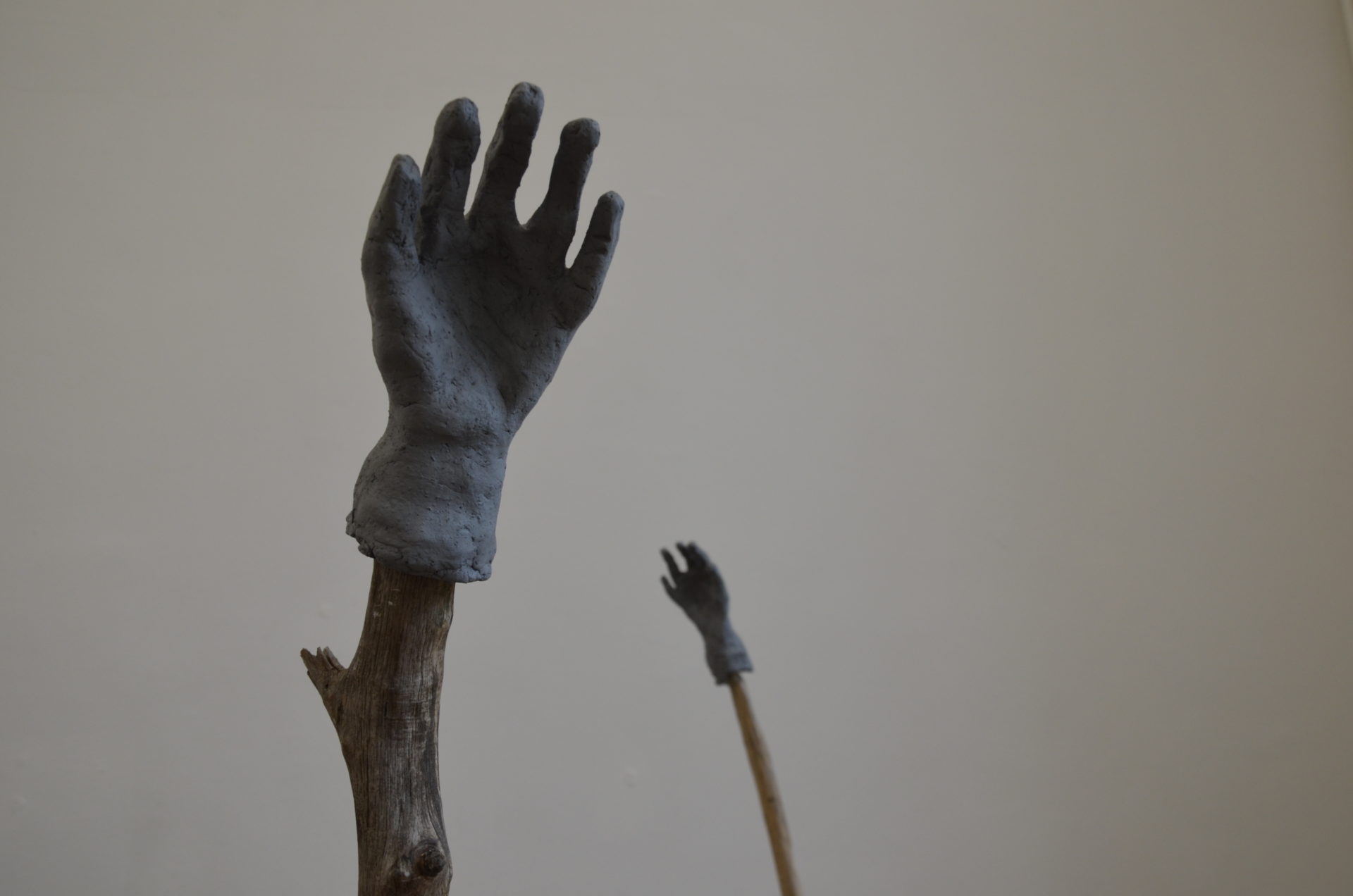
Installation view of ‘Mildly Scarring’, 2016 by Merve Akyel.
Learn, learn and learn – although this barely registers as a saying, Lenin’s famous iteration captured the guiding principle of the twentieth century’s science-driven educational reforms. The promise of awe-inspiring technological advancements and grandiose social experiments relied heavily on the social mobility that public education was supposed to provide. Talent and hard work were supposed to overcome social boundaries and improve the world. For everyone else, school was supposed to point out our places in society – that is, on the labour markets. Today, popular disenchantment mirrors the sociological findings on how conventional school systems have failed to deliver on their promises. A bachelor’s degree now serves the same purpose as secondary school finals did a century ago: it’s an entry point. It’s also more of a threshold and less of a guarantee.
The sense of competition is omnipresent, but the rewards are questionable and many of those in the education race start with huge handicaps, as racial, cultural and class prejudices, gender bias, regional disparities and other factors distort their paths. And for the few class shifters and code switchers who make it against the odds, success often doesn’t bring ease, as the pressure they endure to have their achievements acknowledged never seems to end.
Meanwhile, knowledge production – though rightfully criticized – is also under siege from yet another angle: populist culture wars. The superficial yet very powerful attack on academic freedom targets the most inclusive and progressive tendencies in a system that is old and suffers from inertia. This counterrevolution looks very dumb from a distance but makes total sense for those who try to defend their inherited privileges through an obsolete and exclusive school system. For them, fair competition and real social mobility are clear threats.
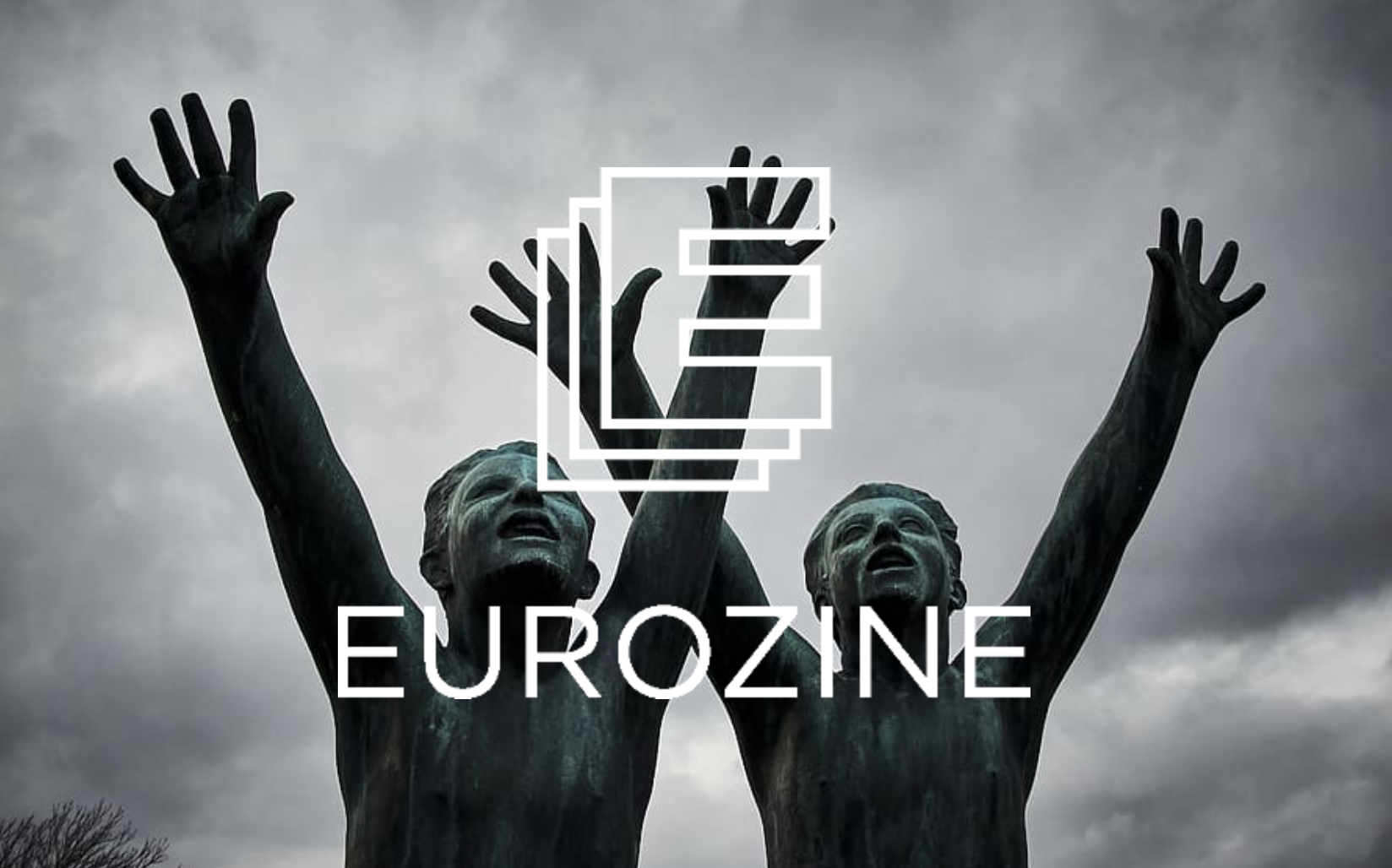
Raising hands. Photo via Piqsels.com.
Education systems throughout Europe have been rapidly commercializing for well over a decade. Francois Fecteau describes this growing pressure and financial instability as a downward spiralling trajectory: ‘since social institutions must submit to the dogma of economic performance, every space of activity not occupied by the market represents a loss in the efficiency of public investment in the education system.’ Critical of this straightjacket, he adds: ‘This tendency, under neoliberalism, towards an inability to grasp that educational institutions can offer opportunities that do not lead to immediate employment raises questions about the capacity of societies to sustain spaces dedicated to autonomous creative activity.’
The 2020 pandemic hit education in its weakest spots, rapidly exacerbating already painful inequalities, exposing problems of how we imagine knowledge and the human capacity to learn and to teach. What has also been revealed is just how little the political classes value human labour – whether of teachers or of parents and carers. Children who come from poor or minority backgrounds have received the short end of the stick even in this crisis, as Bruno Derbaix recognizes: ‘it’s not fair that some people have a garden while others are locked down in a cramped space devoid of peace and quiet; it’s not fair that there are far more restrictions in some neighbourhoods than others;’ … ‘and it’s not fair that some people are well fed while others have no food left in the fridge.’
Now, even though most of Europe belongs to the very fortunate parts of the world where vaccines are readily available, COVID infection rates are skyrocketing again. Students, teachers and parents are dreading the possibility of further school closures and the strife of remote learning.
And this dismay may be just the opening act of much deeper crises, with ecosystems collapsing. Arguably, schools should address the climate concern too. But how? ‘Nurturing cooperation in the classroom, developing truly representative spaces, taking the time to hold constructive debates and, crucially, using these discussions as a springboard for planning and action would make schools model examples of the potential democratic systems have to devise solutions to health, climate-related and social challenges’, writes Derbaix.
But there isn’t an old normal to return to; the old ways were clearly flawed. So how to go forward? In this focal point, initiated by partner journal La Revue nouvelle, we investigate matters of access and inequality, concerns about labour markets and rapidly changing knowledge production, to map the factors that could inform a better design for our schools.
This editorial is part of our 18/2021 newsletter. Subscribe to get the weekly updates about our latest publications and reviews of our partner journals.
Published 9 November 2021
Original in English
First published by Eurozine
© Eurozine
PDF/PRINTNewsletter
Subscribe to know what’s worth thinking about.
Related Articles

Times have changed, and the conditions that fostered the rise of liberal arts and sciences programs after the start of the Bologna reforms no longer obtain. This raises the question of how the liberal arts and sciences movement will continue in the near future. Can it still have any relevance in a changing context?
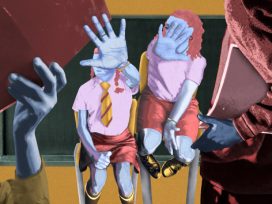
How teen pregnancies skyrocketed in lockdown
South Africa is fighting to keep girls in school
In most provinces of South Africa, teen pregnancies have more than doubled during the pandemic, and the police often fail to follow up on statutory rape cases. Many schoolgirls have been cornered by the lack of digital tools, exposed to blackmail and exploitation at the hands of those they asked for help so they could participate in online learning.
